Last Updated on August 2, 2021

PLOT: The life of Apple Inc., co-founder Steve Jobs (Michael Fassbender) as told through his behavior and interactions at three key product launches – the MacIntosh in 1984, the NeXT computer in 1988, and the iMac ten years later.
REVIEW: It's hard to overstate the importance of Steve Jobs to our modern world. More than simply a pioneer, his products have become a staple in the lives of people world-wide, with his iMacs, iPods, iPhones and iPads having revolutionized computers to the point that many of you reading this probably walk-around with some kind of computer in your pocket on a daily-basis, keeping you (essentially) wired to the internet at all times. Thus the reason people have been so hot to make a biopic about the man, to the point that not only is STEVE JOBS not the first movie about him (lest we forget Ashton Kutcher's JOBS) it's not even the only one coming out this year (Alex Gibney's doc STEVE JOBS: THE MAN AND THE MACHINE recently got a digital release).

Despite this, Danny Boyle's STEVE JOBS will likely go down as the definitive biopic of the man. The direction, coupled with Aaron Sorkin's dazzling writing and Michael Fassbender's uncanny performance add up to a fascinatingly unconventional look at the life of a complicated, flawed, but brilliant and innovative man whose products have changed the world – for the better (I think).
When I say “unconventional” I mean that in the true sense of the word, as Sorkin's three-act script has turned the typical biopic approach on its head. Outside of a prelude featuring documentary footage of 2001 author Arthur C. Clarke predicting that everyone would own a personal computer by the 21st century, and some brief flashbacks, almost the entire movie is done like a filmed play. Each third features Jobs preparing for an important launch, and having to manage his relationships with the key figures in his personal and professional lives. These include Seth Rogen as Jobs' former partner Steve Wozniak, Jeff Daniels as Apple CEO (and Jobs father figure) John Sculley, Katherine Waterson as the mother of his daughter Lisa (played at various ages by different actresses), Michael Stuhlbarg as Mac pioneer Andy Hertzfeld and perhaps most importantly, Kate Winslet as Joanna Hoffman, Jobs' confidante and PR guru.
While obviously a great degree of poetic licence has been taken by making all of the strands of Jobs' life pull together and unravel at these three key moments, the result is almost Shakespearean. It allows Fassbender to really capture (what we assume to be) Jobs' essense rather than simply doing a caricature or impersonation. Whether or not he looks like Jobs (he doesn't) is beside the point. Watching him here is like watching someone play Hamlet. It's all about the content, and Fassbender is absolutely magnetic, with his three-dimensional portrait emerging as one of the powerhouse performances of the year.

While many assumed Aaron Sorkin would demonize Jobs, that's not the portrait that emerges here. While highly imperfect, Jobs does not come off as a bad person. Rather, he's simply an incredibly driven one who's incapable of conceding defeat to anyone. One of the most important aspects of the film is Jobs' evolving relationship with his daughter, who he initially refuses to admit is his, but eventually becomes part of his inner circle. The Jobs we see here has no malice, he simply doesn't like losing control of his destiny and admitting that he has a responsibility as a father to someone whose presence he does not explicitly welcome – at first. Nevertheless, he has moments of great compassion and innovation. This is a humane portrait, and Sorkin's dialogue is some of the best he's ever written.
With the screenplay and dialogue being of such primary importance, Danny Boyle's own contribution may get overlooked, but he's done an excellent, dynamic job making a dialogue-driven scenario move along at a quick pace. At two hours, STEVE JOBS is fast-moving and absorbing, and some of Boyle's choices are really interesting, like how he distinguishes between the eras. The 1984-bits are shot in gritty 16mm (while Daniel Pemberton's score is heavily electronic) before giving way to 35mm in 1988 (along with a less-electronic style of scoring) and finally pristine DV photography for the 1998 bits and a symphonic soundtrack. It's a pretty novel way to make each act feel distinct.
What it call comes down to is that STEVE JOBS is a wonderful piece of work, and one that's more akin to something like CITIZEN KANE to a traditional rags-to-riches biopic. Jobs was clearly a complicated guy, but when you're making drama, complicated is good, and this most certainly is good – maybe even great. As it is, STEVE JOBS is one of the year's absolute must-sees, and possibly the moment that star Michael Fassbender goes from the “the next big thing” to a truly “big thing.”



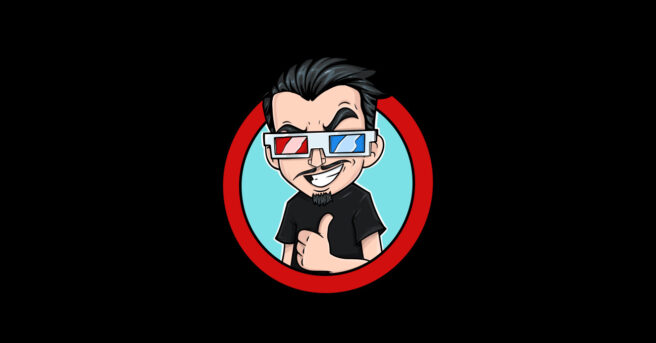
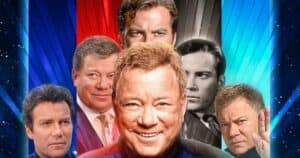

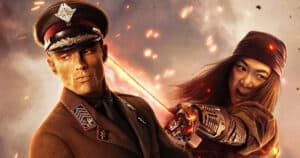



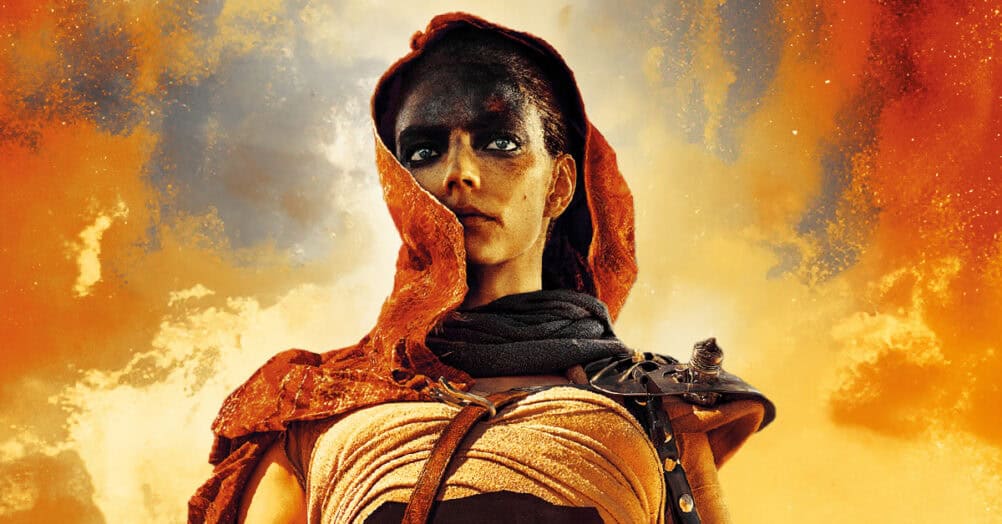
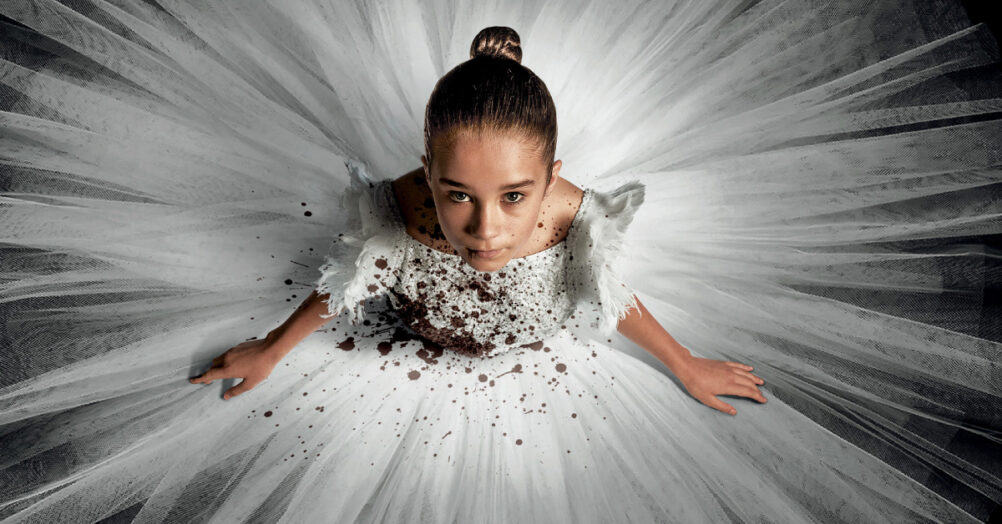
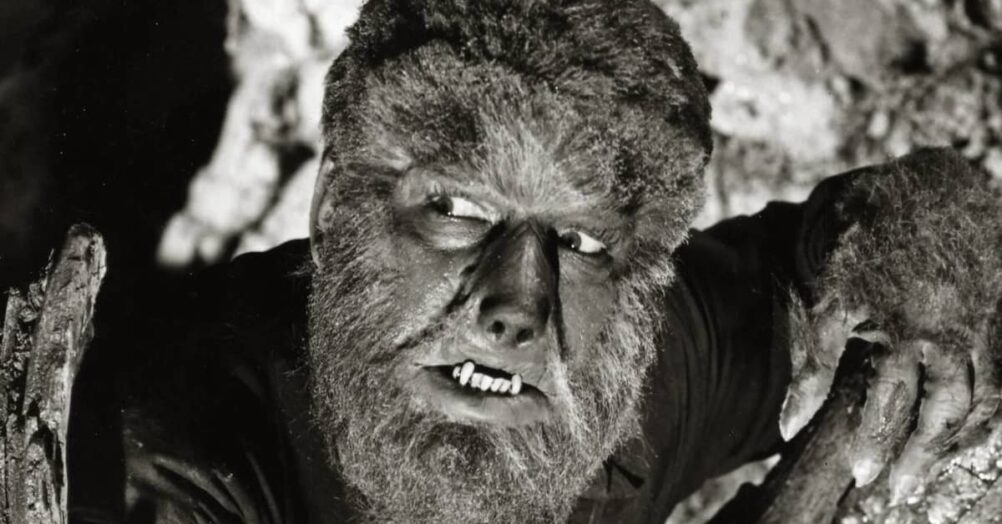
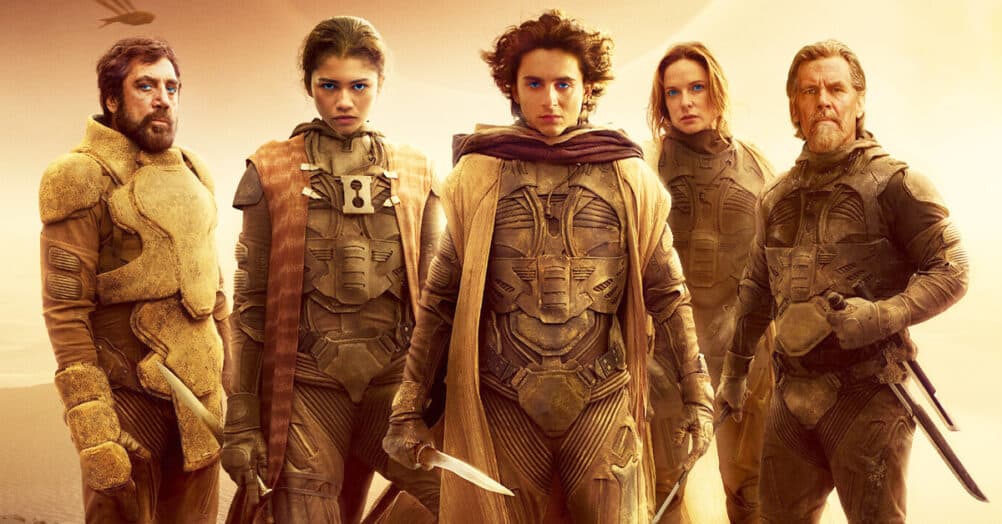
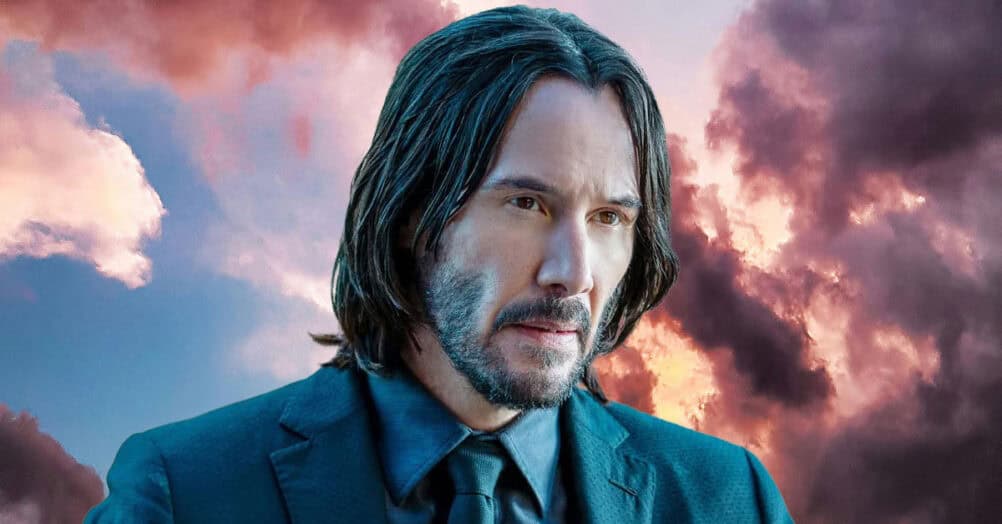
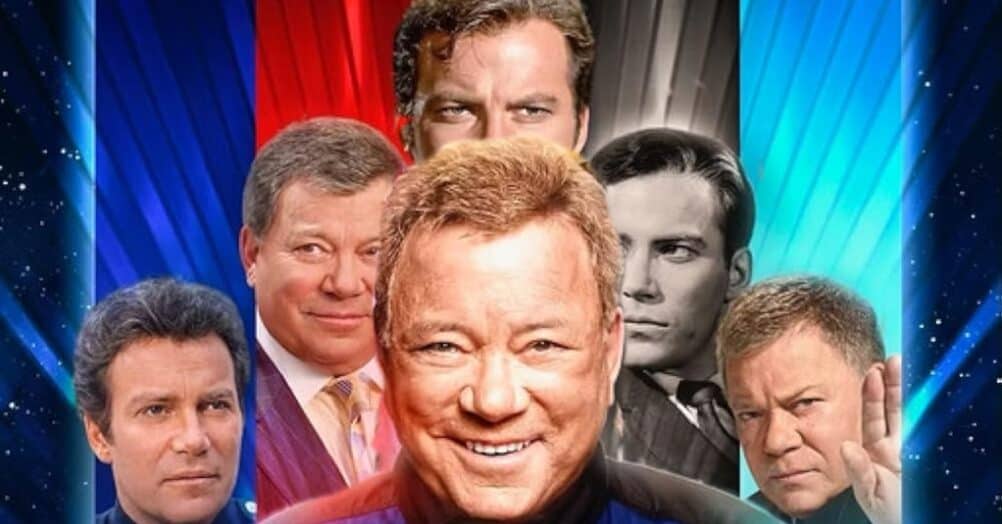
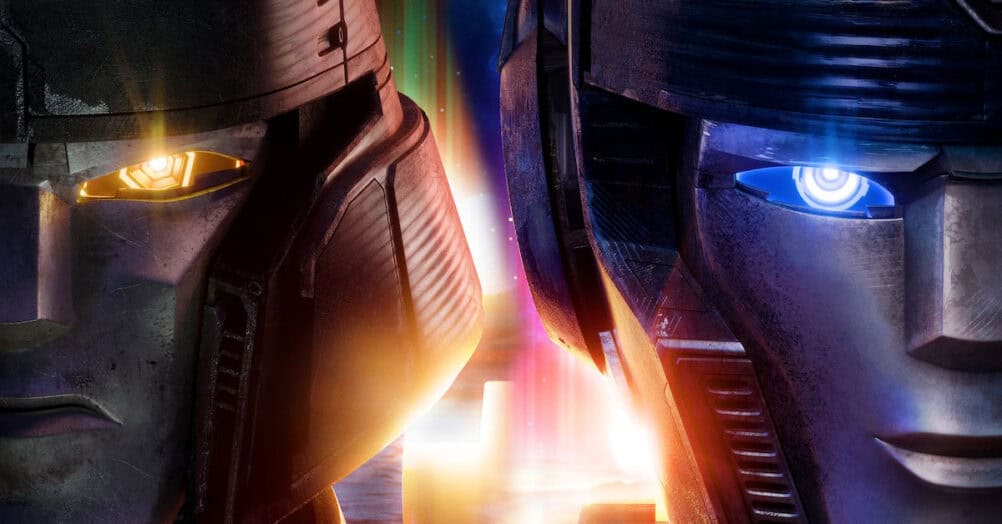

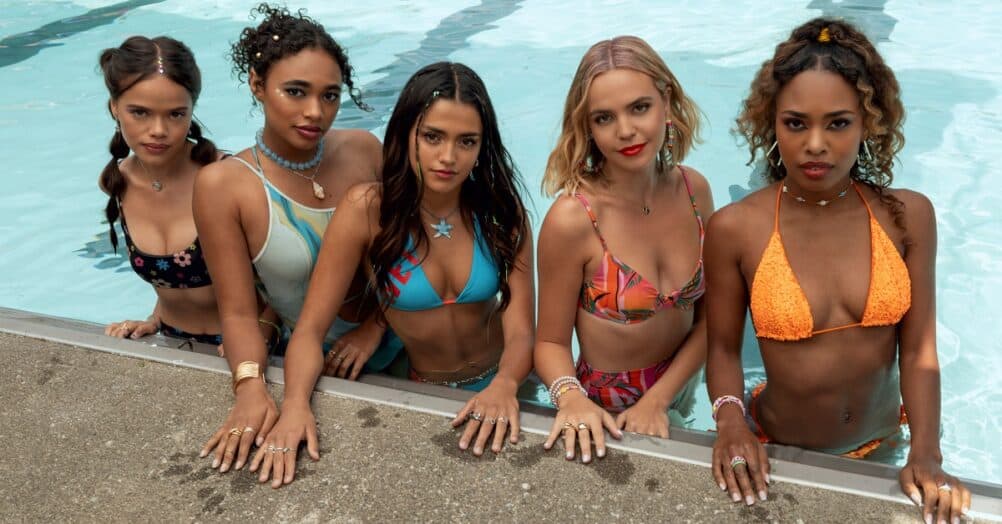
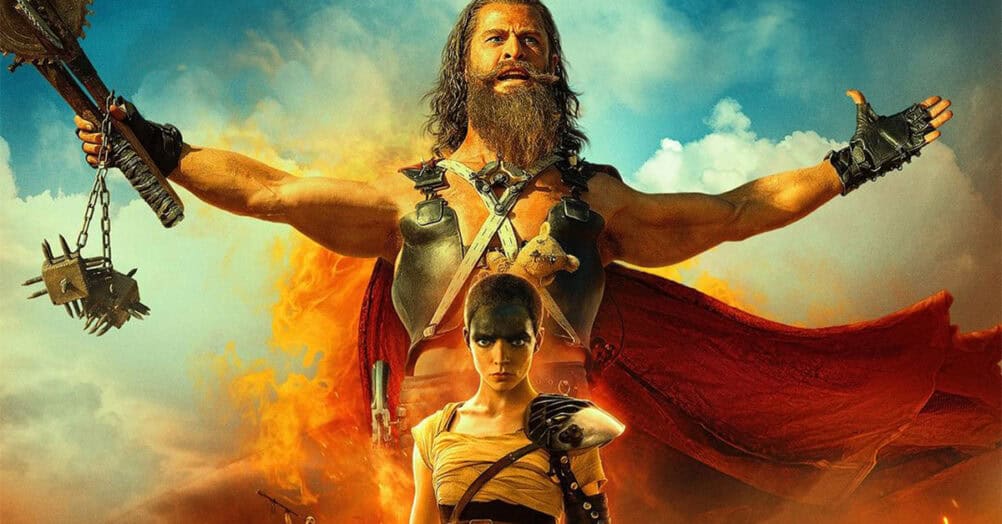
Follow the JOBLO MOVIE NETWORK
Follow us on YOUTUBE
Follow ARROW IN THE HEAD
Follow AITH on YOUTUBE